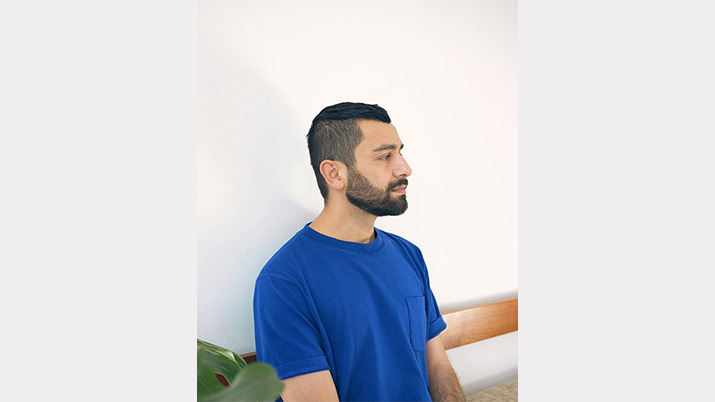Tracing Erasure
University of British Columbia
Department of Art History, Visual Art and Theory (AHVA)
41st Annual Graduate Student Symposium
March 9, 2018
Deadline for Submissions: December 21, 2017
The University of British Columbia’s 41st Annual Graduate Symposium in Art History, Visual Art and Theory invites papers that explore art and architecture as sites of intervention in personal, social, and cultural narratives and memories. As increasingly fluid boundaries demand ways of negotiating the spatial and temporal polyphony of the world, the symposium examines sites of struggle and potential transformation, where art and architecture, as loci of memory, challenge notions of historical stability and linearity. The duality of creation and destruction that accompanies cultural change may not be new, but a rapidly globalizing and shifting world brings renewed urgency to questions of how we as individuals and societies conceive, and have conceived, of ourselves and our histories.
Erasure is a collective act of obliteration with the purpose of rendering certain people and groups invisible. However, effacement is itself a mark, a trace of what once was and now remains. How does art build upon such traces to create something not wholly new but at the same time not wholly the same? How does the simultaneity of destruction and production of space affect perceptions of the past and the present? Tracing erasure is a transformative process, always imprecise and uncertain, never quite fulfilling the promise of return. We wish, in this symposium, to explore the knowledge that is activated by this layering of histories, identities, and assemblages of memory. What do we create when we tread fragmented paths across territories that are familiar yet unknown? And who decides how to build upon these remnants?
This symposium welcomes submissions from all periods of art history and related disciplines that explore acts of tracing as political, social, and artistic phenomena in both the public and personal spheres. Possible topics may include, but are not limited to:
- Predatory urbanism and the dispossessed
- Cultural translations in the diaspora
- Indigenous perspectives on post-coloniality
- Landscapes of memory and narratives of place
- Notions of the ephemeral and impermanence in art and architecture
- Material assemblages of memory
- Non-archival memory and representations of cultural trauma
- Commemoration and the monumentalization of heritage
- The body as a site of power, including marginalized identities, post-identity and the question of the self
The AHVA Graduate Symposium organizing committee invites proposals for twenty-minute-long paper presentations. Current and recently graduated master of arts, master
of fine arts, doctoral, and postdoctoral scholars are encouraged to submit an abstract
of no more than 300 words and a one-page CV to grad.symposium@ubc.ca by December 21, 2017. Please include your full name, affiliation, and contact information.
Tracing Erasure will include a concurrent exhibition in keeping with the theme of the symposium from March 8 to 29.


